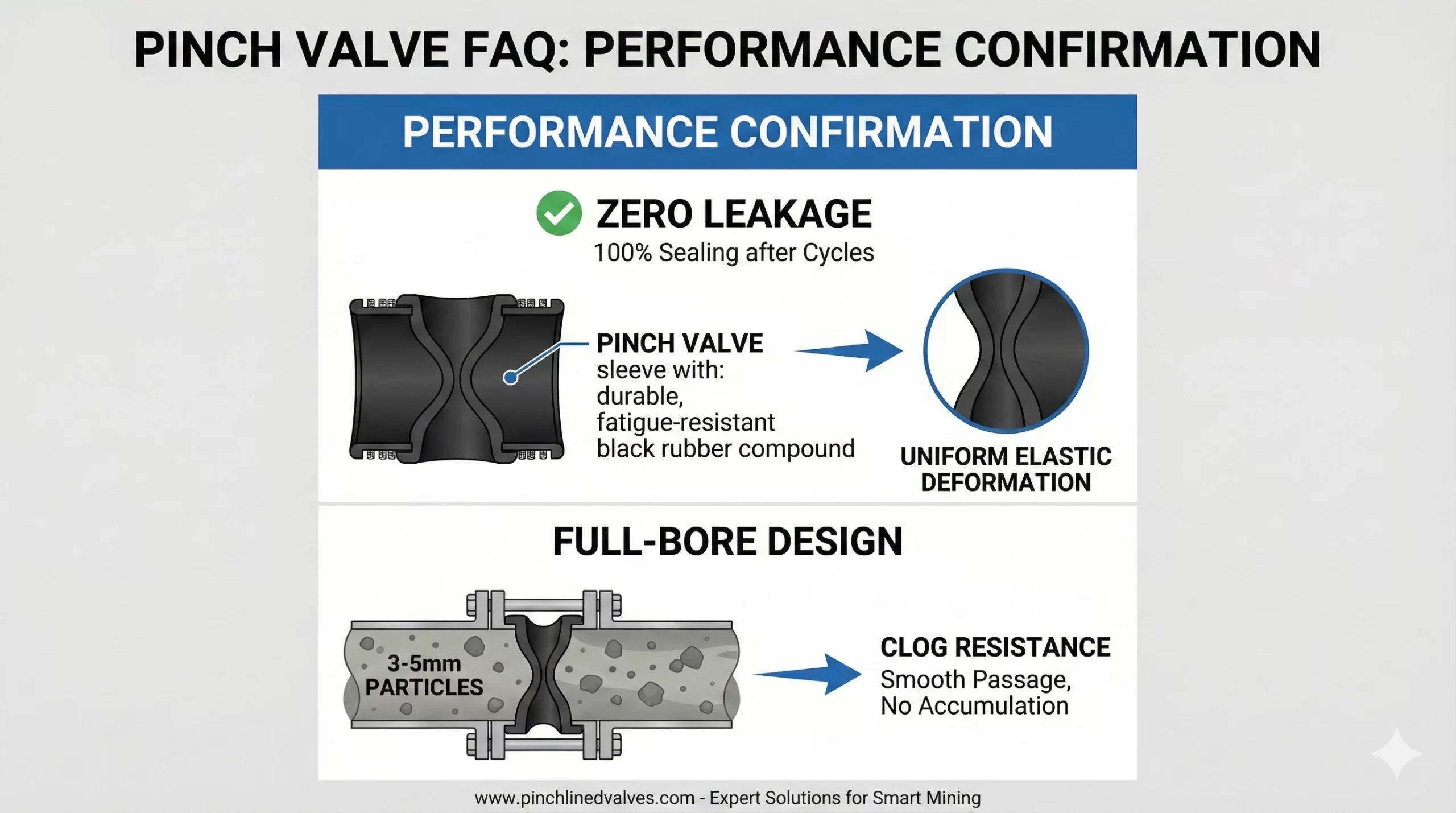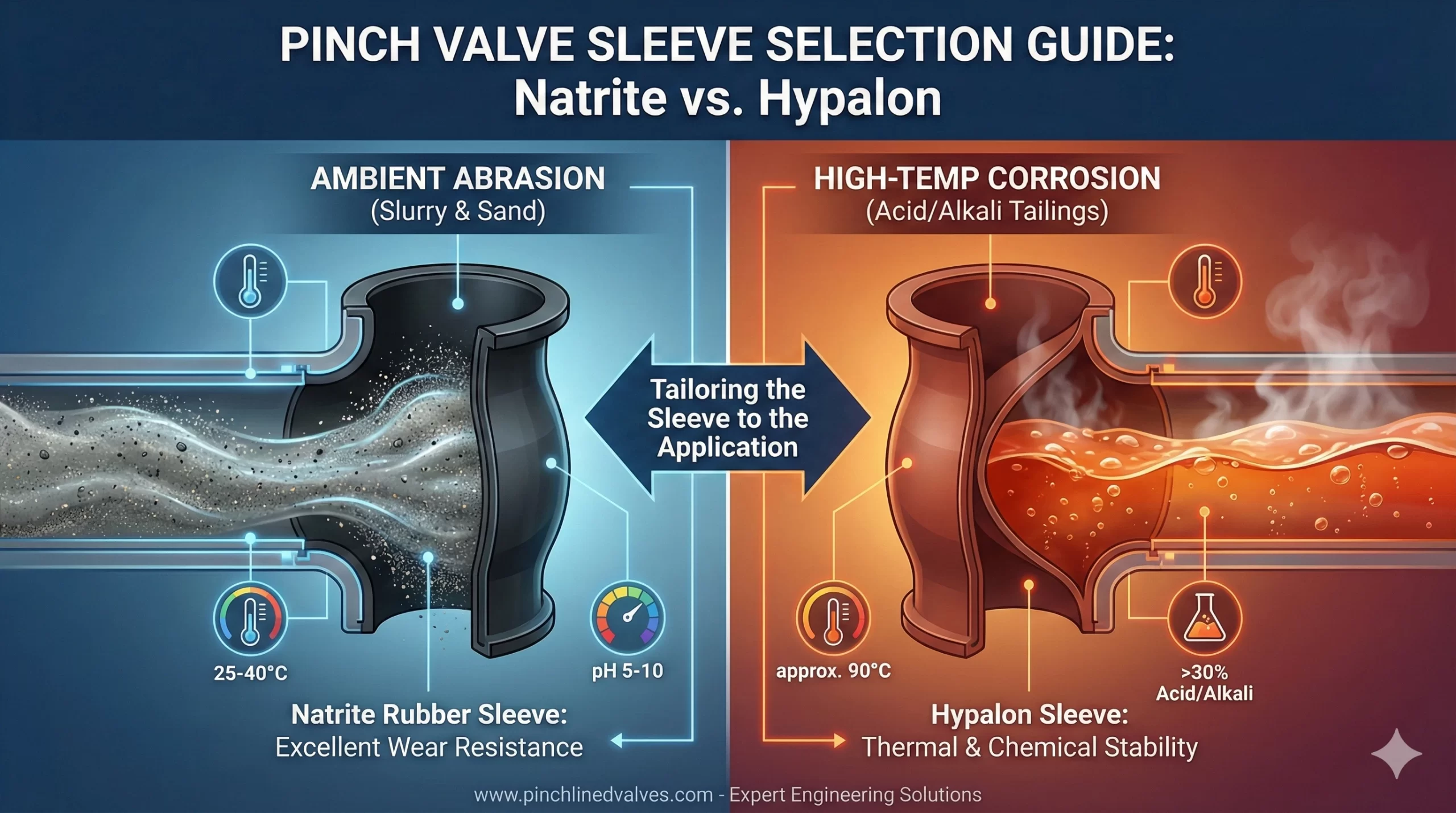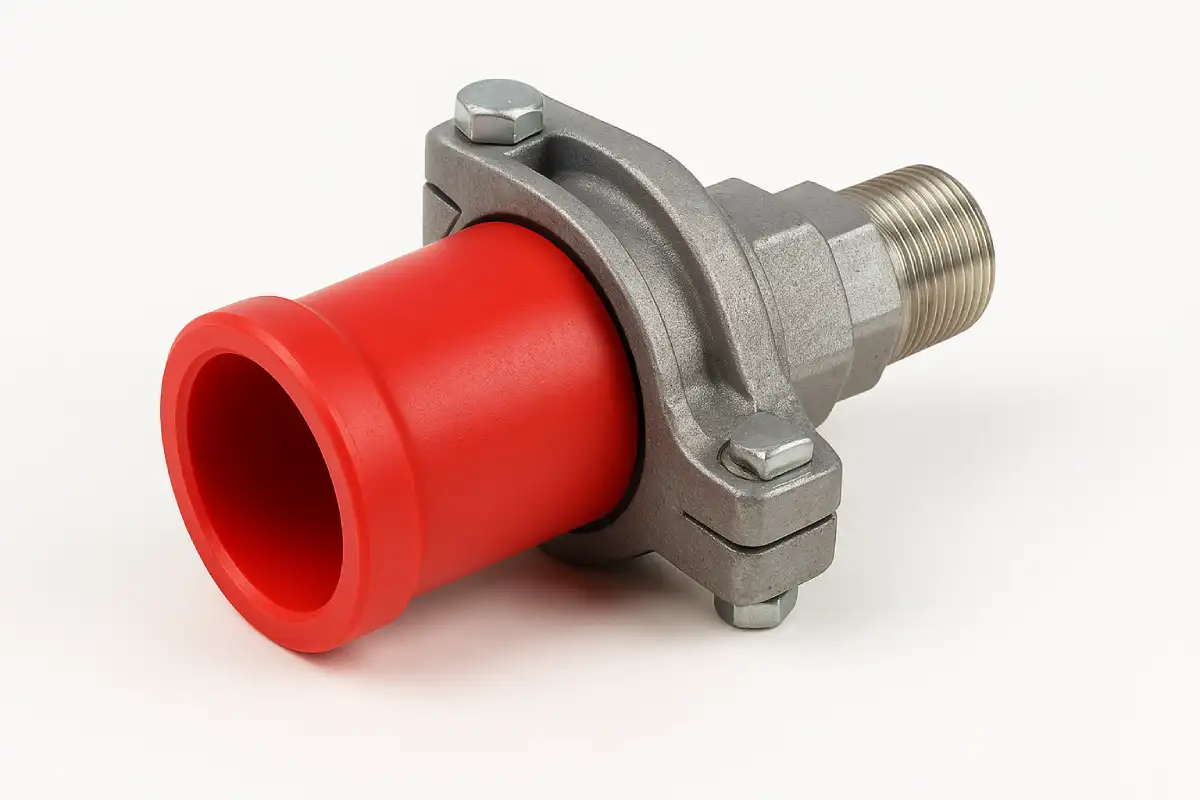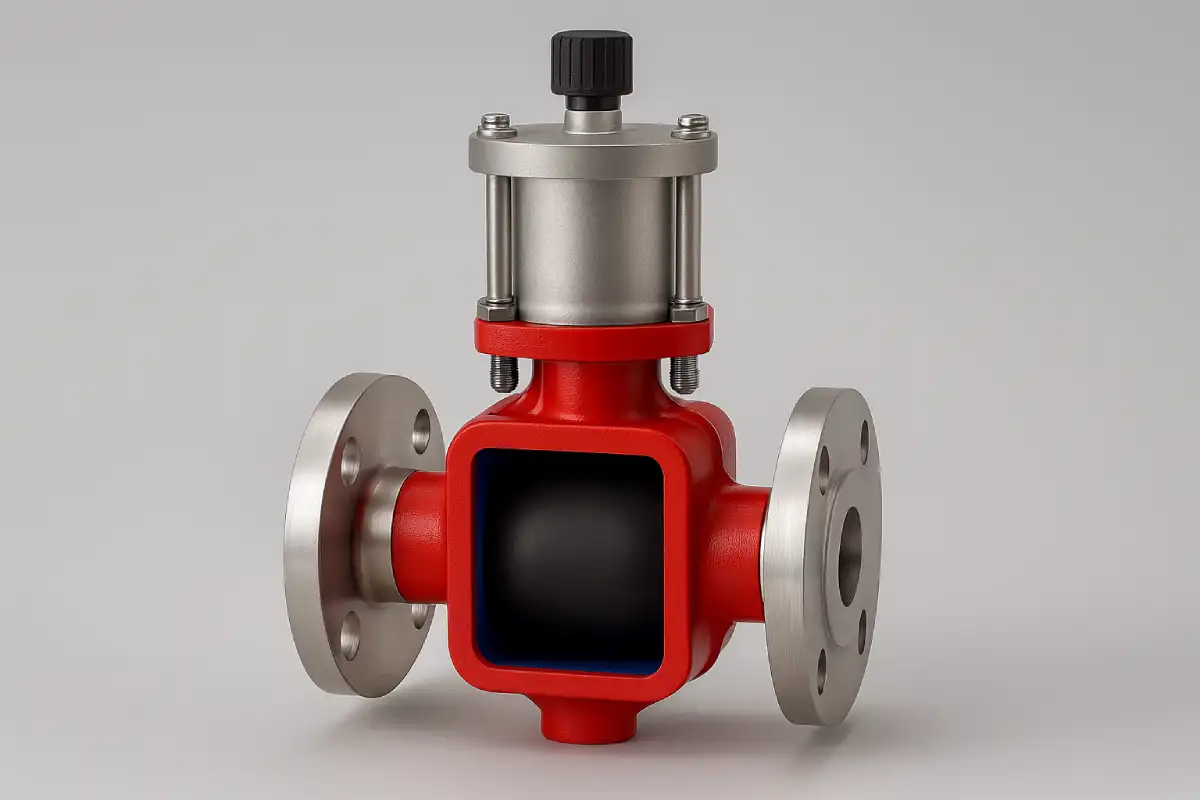

Viton and EPDM differ in their temperature range, chemical resistance, and flexibility.
In industrial applications, manufacturers often use Viton to handle fuel, oil, and high-temperature environments.
In water-based systems, EPDM makes for a better seal due to its resistance to steam and weather conditions.
Let’s take a closer look at how they compare.

| Property | Viton | EPDM |
| Temperature Range | -20°C to 210°C (-4°F to 410°F) | -45°C to 145°C (-49°F to 293°F) |
| Chemical Compatibility | Works well with oils, fuels, lubricants, and most acids | Handles water, steam, and mild chemicals but does not resist oil |
| Durability | Strong, dense, and holds up under pressure | Flexible and tear-resistant but not as tough as Viton |
| Cost | Costs more | More affordable |
Neither is universally better—it depends on the application and conditions.
For fuel, chemicals, and extreme heat, Viton is the superior choice.
For water, steam, and cold environments, EPDM performs better at a lower cost.
Viton is best for applications requiring high-temperature resistance and exposure to oils and aggressive chemicals.
It is commonly used in fuel systems, aerospace, automotive, and industrial valves handling harsh fluids.
Viton is not ideal for water-based applications, as it does not hold up well in steam or hot water environments.
It also becomes stiff and loses flexibility in cold conditions below -20°C (-4°F).
Viton is expensive and may not be necessary for applications that do not require oil or chemical resistance.
It also lacks flexibility in freezing temperatures and is not suited for water-heavy systems.
Viton resists a wide range of aggressive chemicals, including oils, fuels, and acids.
However, it does not work well with steam, water, or glycol-based fluids.
EPDM is widely used in water treatment, irrigation, and steam applications due to its resistance to water and aging.
It is also common in outdoor seals, roofing materials, and automotive weatherproofing.
While Viton and EPDM are popular choices, other seal materials are available for different applications.
Viton and EPDM seals are used in different types of valves based on material compatibility and performance needs.
Ball valves, which control flow by rotating a ball inside the valve body, often use Viton seals in oil, fuel, and chemical applications.
Diaphragm valves, which use a flexible membrane to regulate flow, typically rely on EPDM for water and steam applications.
Globe valves, designed for precise flow control, often incorporate Viton for high-pressure fuel systems and EPDM for steam-based operations.
At the end of the day, choosing the right seal comes down to what works best for your system.
Viton is built for fuel, oil, and high heat, while EPDM handles water, steam, and the outdoors.
Other options, like PTFE and NBR, fill specific needs where flexibility and durability matter most.
If you’re unsure which material fits your project, talk to a supplier or manufacturer to get the best match for your needs.

Question 3:Performance Confirmation:Your documentation mentions “zero leakage” and “clog resistance.” We would like to confirm: After long-term operation, will repeated compression cycles cause sleeve fatigue leading to sealing failure? Is the full-bore design truly effective for slurries with larger particles (e.g., 3-5mm)? Answer 3:Confirmation of “Zero Leakage” and “Clog Resistance” Performance (1)Zero Leakage Reliability: Our […]

Material Selection:We are dealing with different working conditions: (1)Question1: Condition A: Ambient temperature (approx. 25-40°C) slurry containing fine sand, where wear resistance is the primary consideration, with weakly corrosive media (pH 5-10). Answer1:(ambient temperature, fine sand, low concentration corrosion, high wear resistance): Preferred recommendation: Natrite Rubber sleeve. Reason: The core advantage of Natrite Rubber lies in its […]

A pinch valve adapter connects a pneumatic pinch valve or manual valve to pipes, tubes, or other parts of a system. With this connector, the valve can manage liquid or gas flow without leaks or strain. It also lets the valve fit in tight or unusual setups. This reduces operational risks and improves overall performance. […]

Yes, they are. Hygienic pinch valves are specially designed to keep things clean and safe, which is why they’re so common in food, pharmaceutical, and biotech environments. Their smooth interior and dead-zone-free design make cleaning quick and reliable. And if the term is new to you, don’t worry, this article will walk you through what […]



